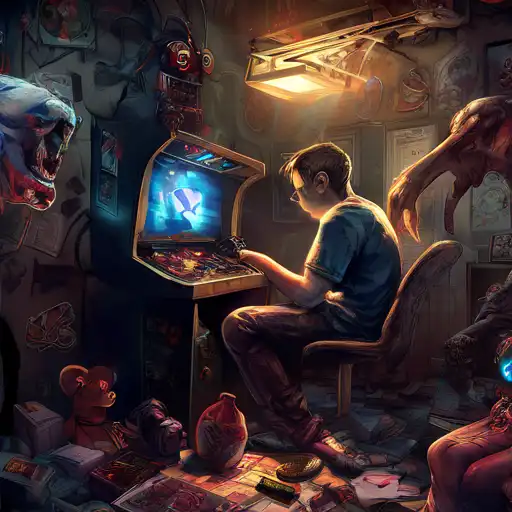Introduction to Gaming Addiction
Gaming addiction has become a significant concern in the digital age, affecting individuals across various age groups. This article delves into the psychological aspects that contribute to gaming addiction, offering insights into why some individuals are more susceptible than others.
The Role of Dopamine in Gaming Addiction
One of the key factors in gaming addiction is the release of dopamine, a neurotransmitter associated with pleasure and reward. Games are designed to trigger dopamine release, creating a cycle of reward that can lead to addictive behaviors.
Psychological Needs and Gaming
Many individuals turn to gaming to fulfill unmet psychological needs such as achievement, social interaction, and escapism. Understanding these needs can help in addressing the root causes of gaming addiction.
Signs and Symptoms of Gaming Addiction
Recognizing the signs of gaming addiction is the first step towards seeking help. Symptoms may include neglect of personal responsibilities, withdrawal symptoms when not gaming, and a preoccupation with gaming activities.
Impact on Mental Health
Gaming addiction can have severe implications for mental health, including increased risks of depression, anxiety, and social isolation. It's crucial to address these issues early to prevent long-term consequences.
Strategies for Managing Gaming Addiction
There are several strategies that can help individuals manage or overcome gaming addiction. These include setting limits on gaming time, seeking professional help, and finding alternative activities that fulfill psychological needs.
Professional Treatment Options
For those struggling with severe gaming addiction, professional treatment options such as cognitive-behavioral therapy (CBT) can be effective. These treatments focus on changing the thought patterns and behaviors associated with addiction.
Conclusion
Understanding the psychology behind gaming addiction is essential for developing effective prevention and treatment strategies. By addressing the underlying psychological triggers, individuals can regain control over their gaming habits and improve their overall well-being.
For more information on mental health and addiction, visit our mental health resources page.
